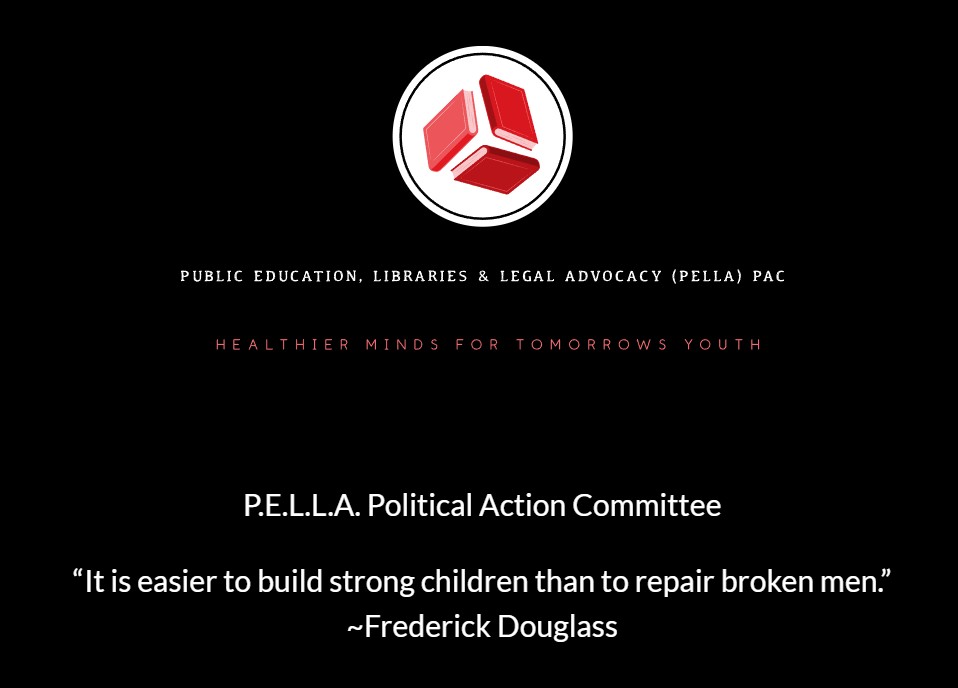Alfie’s Law, House File 594, was passed unanimously through the Senate Judiciary Committee on Tuesday. Senator Jason Schultz (R-Schleswig) managed the bill, which has already passed through the Iowa House.
The bill prohibits a court of law or equity from having the authority to require withdrawal of life-sustaining procedures from a minor child over the objection of the minor child’s parent or guardian. It requires conclusive medical evidence that the minor child has died and that any electronic brain, heart or respiratory monitoring activity exhibited to the contrary is a false artifact.
Senator Rob Hogg (D-Cedar Rapids) asked if this situation has ever happened in Iowa. Schultz said he wasn’t aware of such incident happening in the state.
“So this is just trying to address a possible future hypothetical,” Hogg said.
Schultz acknowledged the bill is in response to the situation in England that involved Alfie Evans.
“I’m going to vote for the bill, but think about what would happen if you had the parents disagreeing,” Hogg said. “I think we might want to think about that scenario.”
Senator Janet Petersen (D-Des Moines) asked if Schultz could explain what happened in the Alfie situation.
“My understanding, and I did not even research it to be quite honest, is that a child in England was on life support and the hospital or the government, which they have a more nationalized health care system, decided there was no possibility of recovery and therefore decided to turn off life-sustaining procedures,” Schultz said. “The parents asked to take the child to America and the hospital or the government, the health board — whoever makes those decisions, decided that they could not take the child from the hospital. Against the parents’ wishes they shut off whatever mechanism they were using at the time.”
Schultz said in the subcommittee process they learned hospitals in general have a policy in place already to address the situation.
“If you do get to that point where they suggest removal of life support and the parents don’t want to, the understanding is the hospitals will do everything they can to transport a child with life support to where (the parents) want them. I do have an interest in this law, that courts don’t make these decisions against the wishes of the parents.”












